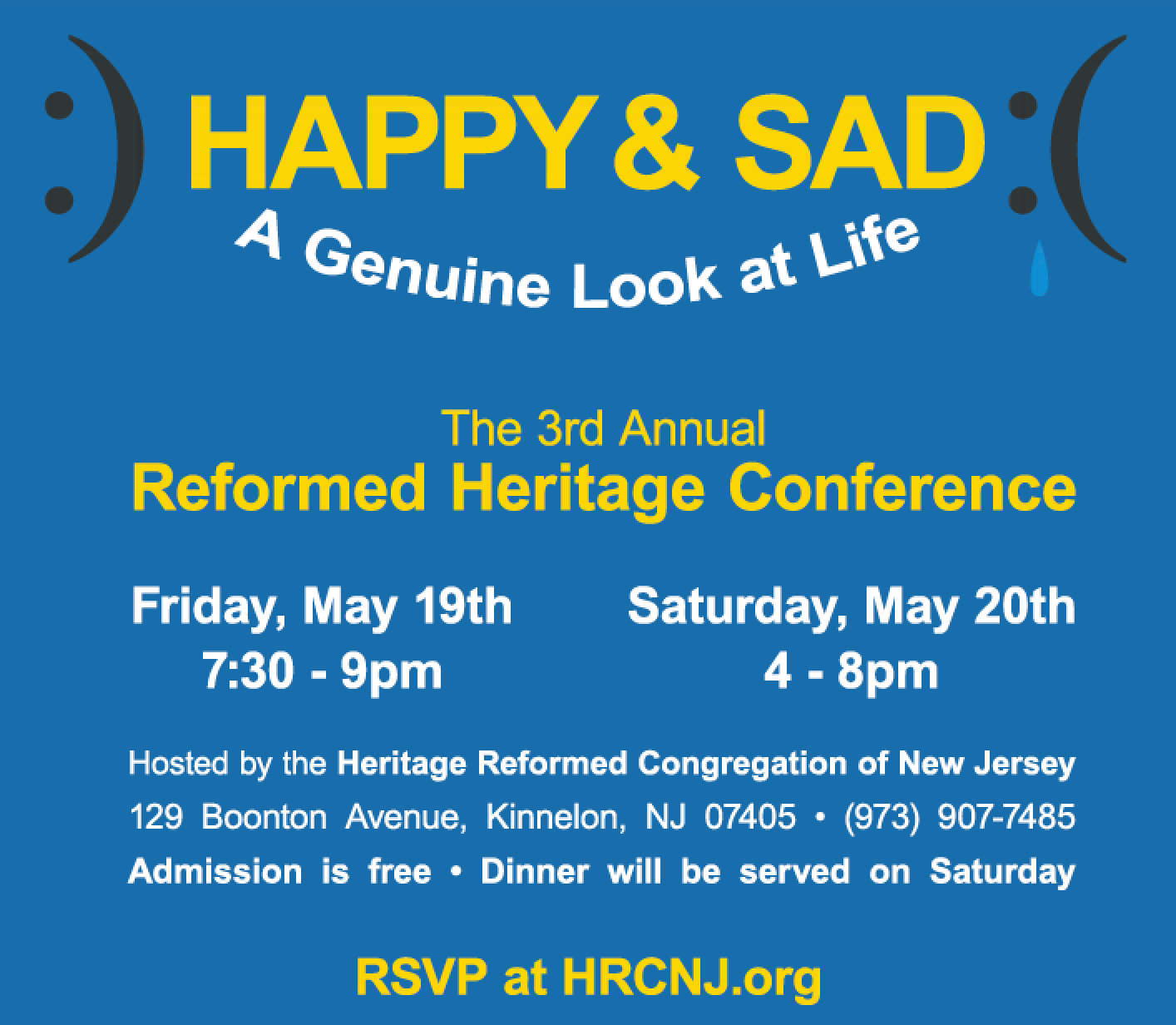Why You Need to Stop Using Public Wi-Fi
According to a recent poll, more people are leery of public Wi-Fi networks than of public toilet seats. But that doesn’t stop 70% of people connecting to them when available. In Why You Really Need to Stop Using Public Wi-fi, global security expert Luke Bencie compares the dangers of using public Wi-Fi to the risks of having unprotected sex.
In both cases, not taking the necessary precautions can lead to lasting harm. For mobile devices, the harm is digital: the theft of your personal data, such as passwords, financial information, or private pictures or videos. You’re rolling the dice every time you log on to a free network in a coffee shop, hotel lobby, or airport lounge.
And it’s not just large corporations that are at risk. “Over half of the adults in the U.S. have their personal information exposed to hackers each year.” Bencie offers seven security tips to keep prying eyes out of your devices.
And while you’re at it, be super-careful when using Google Docs this week if you don’t want to fall victim to a sophisticated scam.
We all know we should be using our devices less, but few of us can take the ultimate step of reverting to a dumbphone. Joshua Millburn, cofounder of The Minimalists, thinks he’s found a compromise solution. He leaves his phone in airplane mode and only checks in at set times. By doing so, he can screen out needless distractions and yet still get the best out of his device. “Digital minimalism is about being more deliberate with the tools that we have,” he explains.
The most-listened to Minimalist podcast was one dealing with reducing tech dependency without cutting oneself off from the digital dopamine machine altogether. Everyone recognizes the problem but fewer are taking any action to solve it:
According to the American Psychological Association (APA), 65% of Americans agree that periodically “unplugging” or taking a “digital detox” is important for their mental health. But only 28% of them report actually doing so. A recent Nielsen study found that in 2016, the average American spent 10 hours and 39 minutes a day consuming media on screens. That’s one hour more than in 2015. And a survey for the APA revealed that Americans who constantly checked their phones reported the highest levels of stress. “What these individuals don’t consider is that while technology helps them in many ways, being constantly connected can have a negative impact on both their physical and mental health,” APA associate executive director Lynn Bufka said.
Cal Newport, author of Deep Work, believes phones and their algorithms are engineered to be addictive and to engender FOMO (Fear Of Missing Out). He’d like to see people consider the risks of FOBO (Fear Of Burning Out).
On the same topic, Learning to Power Off is a personal reflection on Andy Crouch’s Book, The Tech-Wise Family. One of Crouch’s insights is the need for a “Silicon Sabbath.”
We are designed for a rhythm of work and rest. So one hour a day, one day a week, and one week a year, we turn off our devices and worship, feast, play, and rest together.
Which brings us to…
One of the main reasons for the epidemic of burnout is the absence of a weekly Sabbath in most people’s lives. As Mike Ayers puts it:
The principle of the Sabbath is God’s ingenious command to help us draw boundaries around labor and live a healthy emotional and spiritual existence. The Sabbath means that once every week, for twenty-four hours we drop everything—every concern and every thought of every concern. When practiced properly, Sabbath allows the mind, body, and spirit to be restored and replenished.
God Will Hold You Through Your Habits
David Mathis argues that “your habits are one of the most important things about you” and suggests “four lessons that might help you get intentional, and become more effective, in cultivating life-giving habits for the Christian life.” They are:
- Habits Free our Focus
- Habits Protect What’s Most Important
- Habits Are Not One-Size-Fits-All
- Habits Are Driven By Desire
10 Things You Should Never Do in a Theological Research Paper
This is short and you have to give up your email to get the free download, but it’s worth it.
If you’re interested in ministering to the multitudes whose idea of fatherhood had been warped by their terrible experiences of their own fathers abuse of simply walking away, you want to read Jonathan Edwards’ article. Try this tear-jerker for a sample:
But what if our thoughts about our Father are entangled with and stained by the abuse and abandonment of our earthly father? Anyone who has experienced the acute pain of dad walking out knows it can be all-consuming. I have, and I know. Dad driving away shattered the one thing I believed to be indestructible, superhuman even: my family. But family turned out to be more fluid than I once thought . . . and hoped. Like a permanent smudge on the lens through which we see the world, the dissolution of the family distorts all that we know and all that we are. Our hearts beat out of rhythm. Our thoughts weigh heavier on our minds. Our tears flow faster. The voice that once calmed us in the middle of the night is suddenly silent. The picture frame that preserved our family on the wall is either gone or empty.
You may also want to consider his book, Left, The Struggle to Make Sense of Life When a Parent Leaves.
Kindle Books
Love Walked among Us: Learning to Love Like Jesus by Paul Miller $2.99.
Running Scared: Fear, Worry, and the God of Rest by Ed Welch $1.59.
Is God Anti-Gay? by Sam Allberry $5.63.








